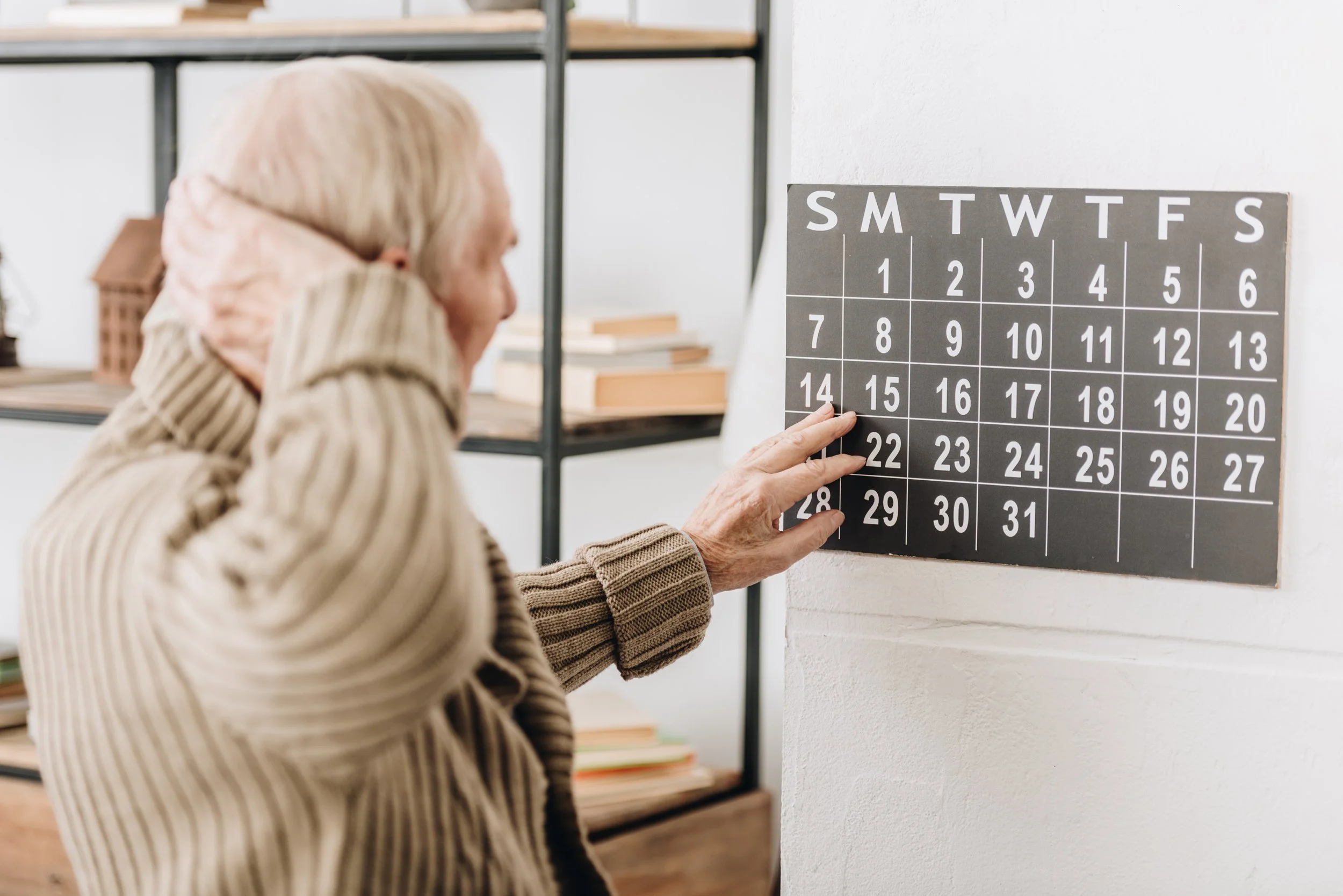How Do You Treat Age Related Dementia?
Dementia, particularly age-related dementia, is a complex condition that affects millions of people worldwide. It's characterized by a decline in cognitive function, affecting memory, thinking, orientation, comprehension, calculation, learning capacity, language, and judgment. While there's no cure for dementia, various treatments and strategies can help manage its symptoms and improve quality of life. Here's an outline of the main ways to treat age-related dementia:
1. Medication
Cholinesterase Inhibitors: These drugs, such as donepezil, rivastigmine, and galantamine, are often used for mild to moderate Alzheimer's disease. They work by increasing levels of a chemical messenger involved in memory and judgment.
Memantine: Used for moderate to severe Alzheimer's disease, it works by regulating the activity of glutamate, a chemical involved in information processing, storage, and retrieval.
Antipsychotics: Occasionally, these may be used to address severe behavioral symptoms, but they come with significant risks, especially in older adults.
2. Lifestyle Modifications
Diet and Exercise: A heart-healthy diet, like the Mediterranean diet, and regular physical activity can help lower the risk of cognitive decline.
Mental Stimulation: Activities that stimulate the brain, such as puzzles, reading, and memory exercises, can help slow cognitive decline in some people.
Social Engagement: Staying socially active can help maintain brain health.
3. Supportive Therapies
Occupational Therapy: This can help people with dementia learn strategies to cope with daily activities and improve their safety.
Music and Art Therapy: Engaging in music and art can provide emotional and behavioral benefits for people with dementia.
Reminiscence Therapy: Using personal past events, this therapy can help improve mood and cognitive function.
4. Environmental Modifications
Safety Measures: Simplifying the living space, removing hazards, and using special locks can help prevent accidents.
Routine Establishment: Consistent daily routines can reduce confusion in people with dementia.
5. Caregiver Support
Education and Training: Educating caregivers about dementia and effective caregiving strategies.
Respite Care: Providing temporary relief for caregivers.
6. Alternative Treatments
Herbal Remedies and Supplements: Some may turn to ginkgo biloba, omega-3 fatty acids, etc., but their effectiveness is not well-proven and should be discussed with a healthcare provider.
Aromatherapy and Massage: These can be soothing and may reduce agitation in some people with dementia.
7. Management of Coexisting Conditions
Regular Health Check-ups: Managing other health conditions like diabetes, heart disease, and hypertension is crucial.
8. Research and Clinical Trials
Participation in Clinical Trials: New treatments and therapies are continually being researched, and participating in these can offer access to cutting-edge treatments.
Conclusion
Managing age-related dementia requires a multi-faceted approach, tailored to the individual's needs and the progression of their condition. It's essential for both people with dementia and their caregivers to have access to adequate resources, support, and medical advice to manage this challenging condition effectively. Regular consultation with healthcare professionals specializing in dementia is critical to adapt treatment plans as the condition progresses.

